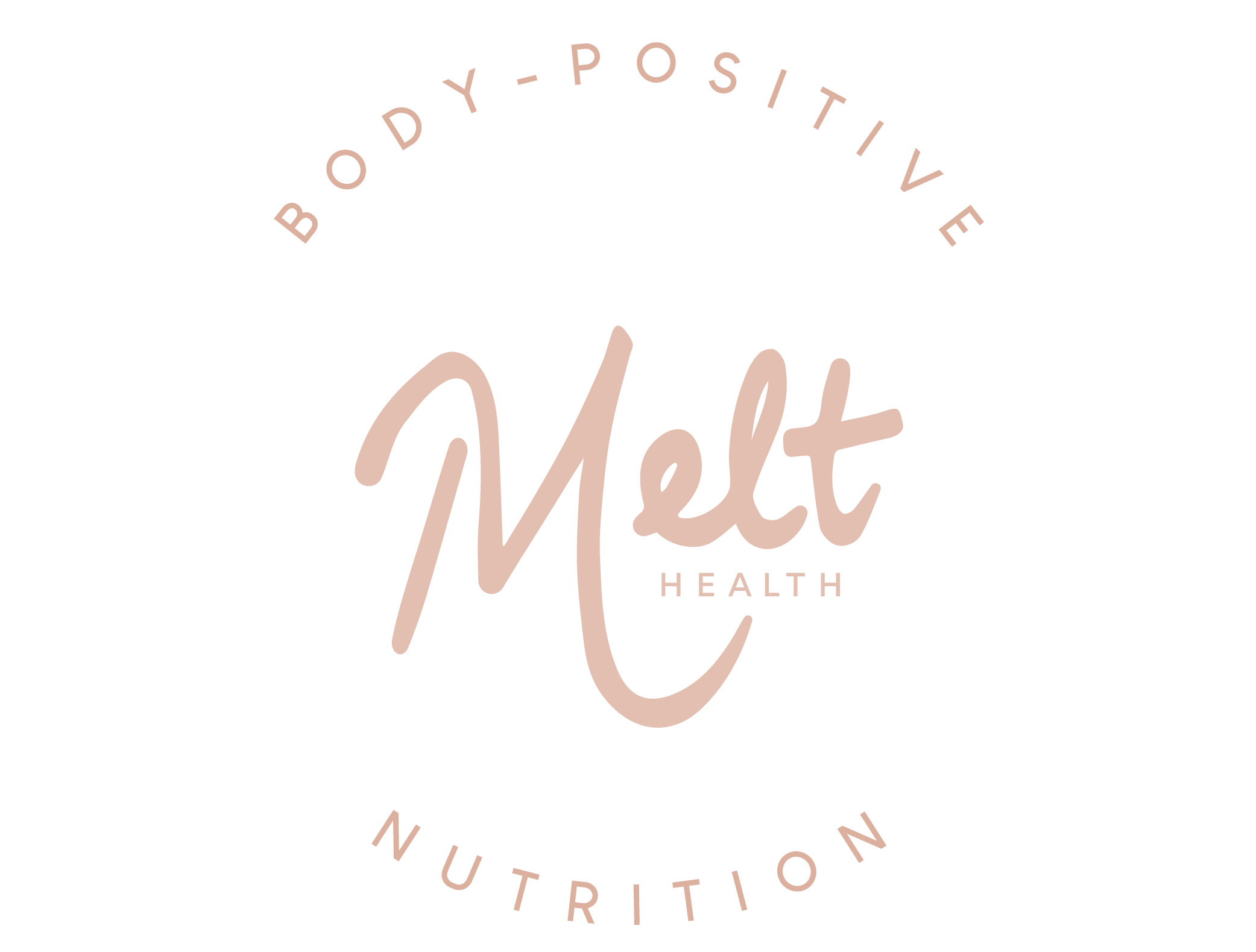
What you eat can change the way you feel
all thanks to the 10s of trillions of microbes living inside you. Our gut is a slick, sophisticated contributor to many of our body systems and functions, and the last ten years of research in particular have seen several hundred academic papers published on its influence.
Medical research continues to shed light on the dual pathway between the gut and the brain. We now know our gut affects the quality of our immune system, nervous system, mood, hormones, metabolism and weight. We’re also now aware that there are actions we can take to positively amplify this affect.
What is nutritionally relevant is how we can personally affect our gut health directly from what’s on the end of our forks! A recent article in the science journal Nature summarised it well:
“Diet contents and quantity have a major role in shaping the human microbiota composition and function.” Now that’s a good gut feeling.
How to influence your gut health:
1. Love your veggies
Our healthy gut bacteria love plant-based foods that are high in fibre. Fibre is the food that the small intestine can’t digest, so it naturally passes down to the large intestine where the good bacteria use it as their food source. Veggies are an excellent source of vitamins, minerals and nutrients that our body likes to access on a daily basis. In addition, they provide the ideal roughage for our colon. Just take care to increase your dietary fibre gradually so as not to overwhelm your microbiota.

2. Feature Fibre
Prebiotics, a type of non-digestible fibre, provide an important food source for our microbiota. Bad bacteria hardly ever eat these, so it’s a win-win for increasing good bacteria populations. Research has shown that Bifidobacteria and Lactobacilli love in particular vegetables from the Lily family – asparagus, onions, garlic and leeks: and the Sunflower family – artichokes, endives, tarragon and dandelion leaves. Therefore these prebiotic foods are especially good to stock in the kitchen on rotation, as well as other foods from the list below:

3. Include fermented foods
Think of a tablespoon of sauerkraut, kimchi, or pickled vegetables as a welcome addition to any plate. Tamari, apple cider vinegar, miso, yoghurt and kombucha are also great examples, however just a little bit goes a long way OK? When you eat fermented foods you are adding good bacteria and enzymes to your microbiome ecosystem. If we imagine our gut microbiome as a rainforest, it’s like we’re planting extra species. These live microorganisms strengthen our immune and digestive systems, and upgrade our healthy digestion.
4. Enjoy your exercise
Recent research has found that you can positively alter your gut microbiome with regular exercise. The findings show that exercise can increase the microbiome diversity and have a positive effect on brain health and energy. An added bonus is that exercise assists with keeping you regular. As a result of exercise, the motility of the digestive tract is increased and normal food transit time is maintained. Consistency is key here, and choosing something you enjoy doing is also going to assist with how to…

5. Manage your stress
Can you remember a time when you were feeling nervous or worried about a big event, deadline or exam? Consequently you were running to the bathroom with an upset stomach and loose stools? That was your brain talking directly to your gut, through what we often refer to as the gut-brain-axis. It shows how sensitive your gut is to stress and high cortisol levels.
We now know through recent research that high stress levels disturb our good gut bacteria, which can undo a lot of our good nutrition work. In today’s world it’s essential that we take the time for self-care and self-love, in whichever form suits you the best. Meditation, deep breathing, watching the sunrise, listening to music, reading, playing with the dog or countless other activities that bring joy and calm to you are essential ingredients for a life well-lived. For other ideas on handling stress, have a read of how I personally coped with a stressful family situation.
You can see how our gut health influences not only how well we feel on a daily basis but also our long-term outcomes. One of my big passions is helping people with the gut health and digestion. If you are experiencing bloating, loose stools, constipation, tummy gurgling, gassiness, fatigue, brain fog, or low mood, these could be signs that your gut health is not optimum. Book here for an appointment to investigate your concerns.
If you would like to know more about your gut bacteria, why not book a Microba microbiome test? It will provide you with a comprehensive report including how your bio-individual microbiome is affecting your health. I am a registered practitioner with Microba, and am extremely impressed with their thorough analysis. Get in touch today to find out more.

